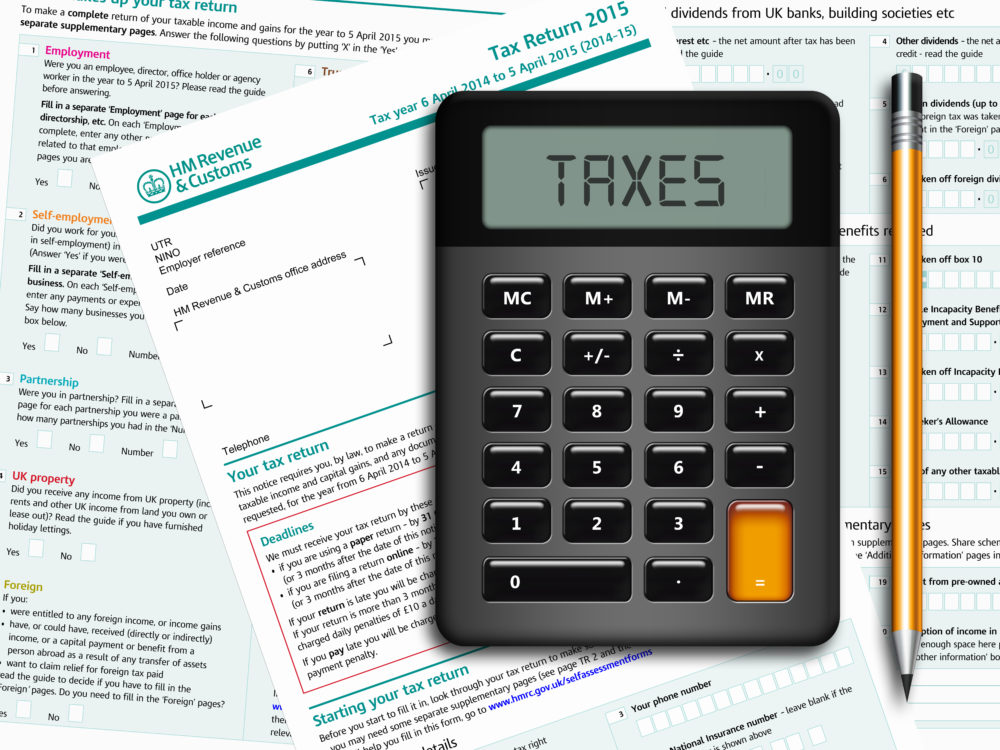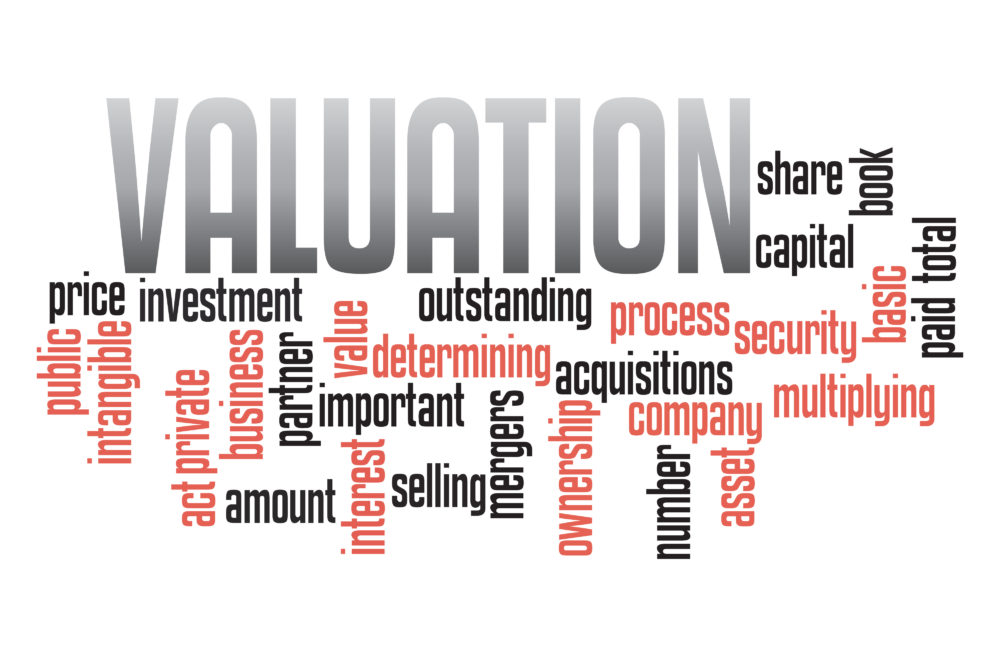When buying, selling, or even giving away a business, ignoring the tax implications could turn out to be an expensive mistake.
Naturally, it’s important for buyers and sellers to approach any transaction process with a clear idea of their own goals and entrepreneurial aspirations. All UK business taxpayers must also remain alive to the reality that it often takes a tax professional to work out the true ‘bottom line’ for each party when a business changes hands.
So, here’s a rundown of some important points not to be overlooked.
Taxation from a buyer’s perspective
For business buyers, the issue is always how best to structure the purchase to maximise their tax position.
Dependant on their acquisition strategy, many might prefer to simply buy assets instead of purchasing a company outright, because this avoids the need to take on company liabilities.
Purchasing a business also raises the issue of gaining advantage from tax losses brought forward.
“The best way to avoid unexpected tax demands is to have a professional tax adviser conduct thorough tax due diligence”
However, this is an area subject to many complex legislative rulings, which means purchasers hoping to secure such benefits must always seek context-specific advice from a competent tax expert. And likewise, any share purchase will attract stamp duty, and if the purchase includes the acquisition of commercial real estate, then the buyer will also have to pay SDLT (Stamp Duty Land Tax).
Buyers must also be aware that the purchase of any business also means inheriting a company’s tax commitments.
Once again, the best way to avoid unexpected tax demands further down the line is to have a professional tax adviser conduct a thorough tax due diligence to map out the present, and future, tax liabilities which would become your responsibility upon acquiring the business.
This review should cover a raft of common tax issues including VAT compliance, PAYE and NI commitments and corporation tax.
A tax professional will also advise on the kind of tax indemnities and warranties a purchaser should ask from the seller to protect against the emergence of hidden liabilities which only become known once a sale has taken place.
A pre-purchase tax evaluation is also the best time for a buyer to consider how the business should be positioned to optimise any future liability for CGT (Capital Gains Tax) if the company is to be put back on the market at some point in the future.
In addition, the matter of purchase finance should also be approached strategically to take advantage of any tax relief available to minimise repayments.
Taxation from a seller’s perspective
Although selling your business after many years of full-on effort and personal sacrifice is obviously a huge relief, this joy is often diluted by the appearance of a large and unexpected tax bill.
So sellers must ensure that the long period of preparation leading up to putting a business up for sale is used to put proper tax strategies in place. Ideally, these should minimise tax penalties at sale time while also demonstrating to potential buyers that the business is not only sound but also tax efficient.
When selling a business, the biggest tax liability for the seller is CGT (Capital Gains Tax).
Here the vendor is usually advised to seek Entrepreneurs’ relief to reduce the rate of CGT payable and perhaps also look at forms of roll-over relief, or hold-over relief as a means of minimising and deferring CGT liability.
Sometimes it may be possible to accept share payments as another means of deferring tax payable on the sale proceeds. However, as with most tax-avoidance strategies, professional advice is always essential to assess and quantify the real benefits.
Any deal which includes earn-out clauses – where some element of payment is dependent on future profits – will also require careful appraisal by a tax expert. In such circumstances the final amounts due may fluctuate and so give rise to variable tax outcomes.
Whether you’re looking to buy or sell a business, there is usually an opportunity to structure a sale to minimise overall tax liabilities.
For sellers, it’s essential that any chosen tax strategy both reflects and facilitates your eventual goals.
And for buyers, thorough tax due diligence is the only way to eliminate the risk of receiving unexpected and potentially crippling tax bills.
With professional input, it should be possible to structure a sale transaction which optimises tax treatment – arriving at a final price that reflects the advantages gained by both vendor and purchaser.
Jo Thornley is head of brand and partnerships at Dynamis.
Joining in 2005 to co-ordinate PR and communications and produce editorial across all business brands, she earned her spurs managing the communications strategy and now creates and develops partnerships between BusinessesForSale.com, FranchiseSales.com and PropertySales.com and like-minded companies.





